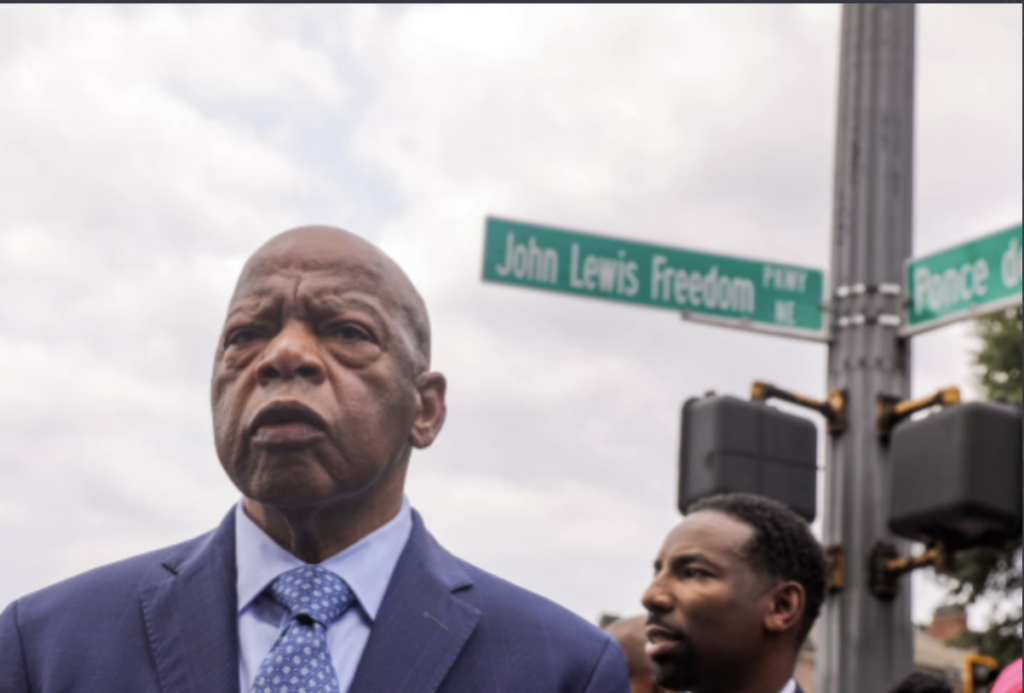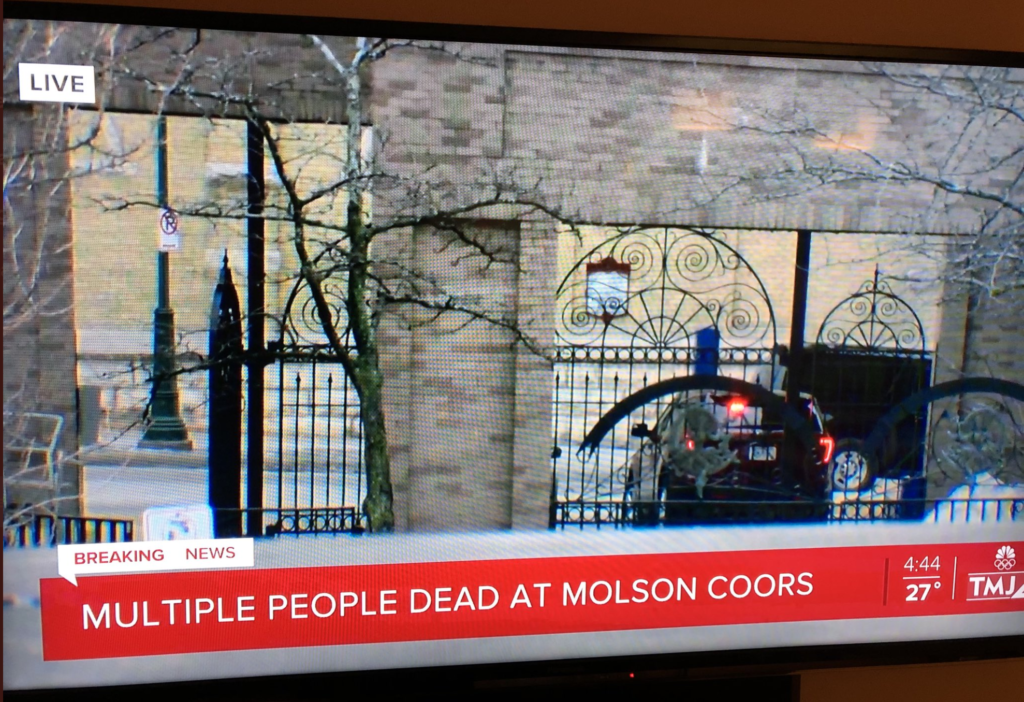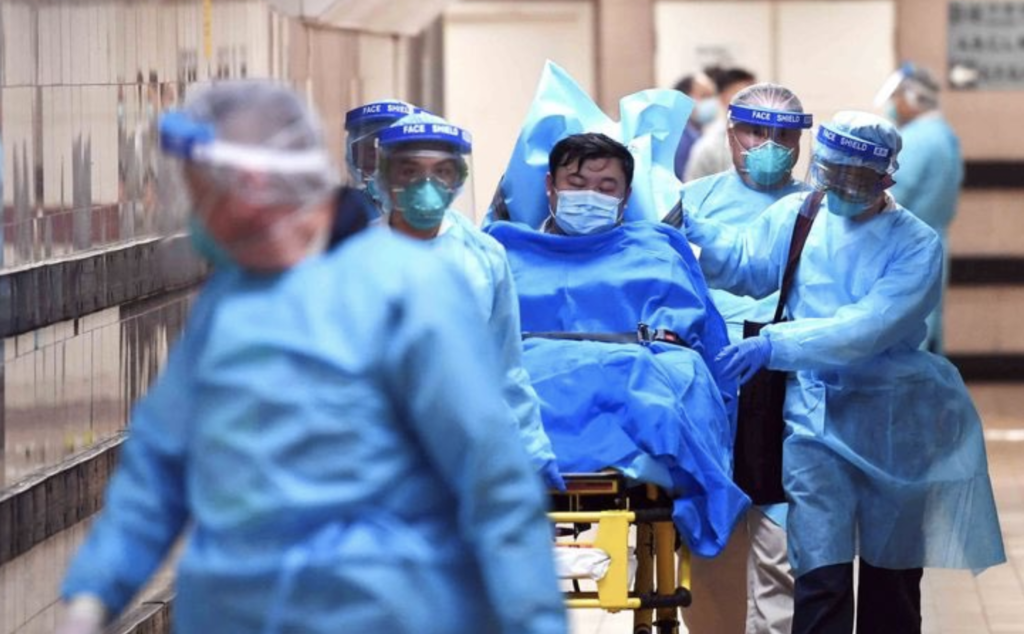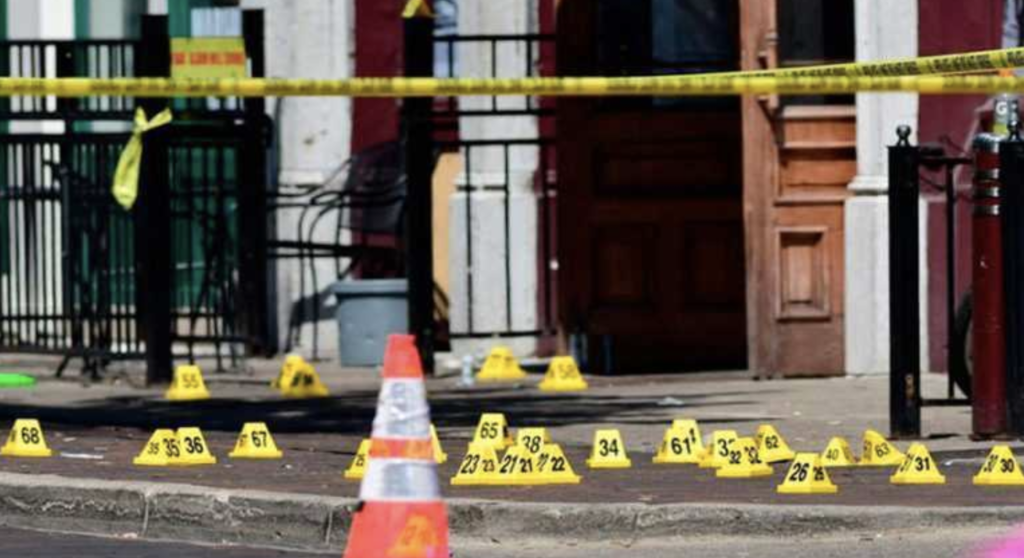Hillary Clinton Testifies in Front of Congress
23 Jan, 2013
Secretary of State Hillary Clinton on Wednesday defended her handling of the September 11, 2012 attack on the U.S. mission in Benghazi that killed four Americans, an event that threatens to stain her legacy at the State Department.
Clinton cast the incident, the first in which a U.S. ambassador was killed since 1988, as part of a long history of such violence as well as the result of regional instability since the Arab Spring of popular revolutions began in 2011.
Speaking in congressional testimony delayed by more than a month because of her ill health, Clinton offered her first detailed accounting of the first days after the attack, saying she directed the U.S. response from the State Department.
“I take responsibility,” Clinton said, echoing comments she first made in a TV interview on October 15 and stressing that she has accepted all of the recommendations of an independent review panel that ultimately held lower-level officials responsible.
“Nobody is more committed to getting this right. I am determined to leave the State Department and our country safer, stronger and more secure,” she added.
The attack could haunt Clinton – who is expected to step down in the coming days once her designated successor, Senator John Kerry, is confirmed by the U.S. Senate – should she decide to run again for president in 2016, a possibility she has played down.
Militants attacked and overwhelmed the U.S. diplomatic facility in Benghazi, Libya, on September 11 in a sustained assault that killed U.S. Ambassador Christopher Stevens and three other Americans.
The official inquiry concluded that the State Department was completely unprepared to deal with the attack, citing “leadership and management” deficiencies, poor coordination and unclear lines of authority in Washington. The inquiry did not find Clinton personally at fault.
Four State Department officials were put on administrative leave following the board’s report.
A separate Senate committee report said the State Department made a “grievous mistake” in keeping the Benghazi mission open despite inadequate security and increasingly alarming threat assessments in the weeks before the attack.
Clinton was originally due to appear before the committee on December 20 but had to cancel after she suffered a concussion when she fainted due to dehydration. Doctors later found she had a blood clot in her head and hospitalized her for several days.
The controversy over the Benghazi attack also cost Susan Rice, the U.S. ambassador to the United Nations, her chance to succeed Clinton as secretary of state.
Republicans in Congress harshly criticized Rice for her comments days after the attack in which she said the attack appeared to be the result of a spontaneous demonstration rather than a planned assault. Rice eventually withdrew her name from consideration for the top diplomatic job.
Reuters
Mentioned In This Post:
About the author
Related Posts
-

Another Day, Another Unarmed Man Killed By Police
-

McCain Endorses Biden, Trump No Likey
-

Rest In Paradise Mr. Lewis
-

Sorry Vanessa, America Failed You!
-

Which of Epstein's Friends is Going Down First?
-

Minneapolis Is Burning
-

Anti-Lockdown Protests Are A Thing Now
-

Coward With A Gun Kills 5 at Work
-

The CoronaVirus Makes It To Chicago
-

WTF CHICAGO???










